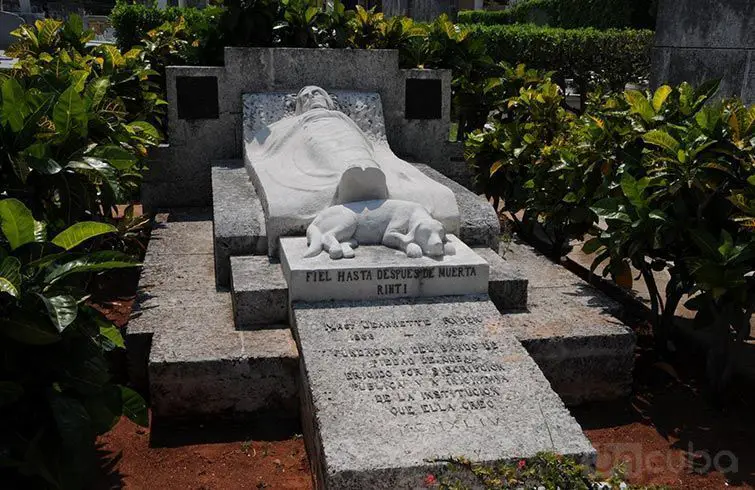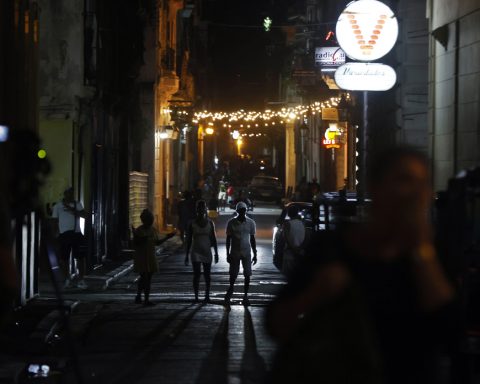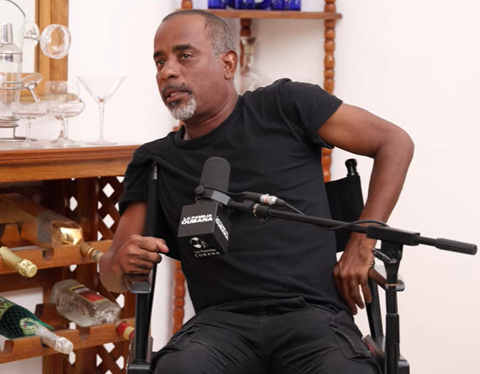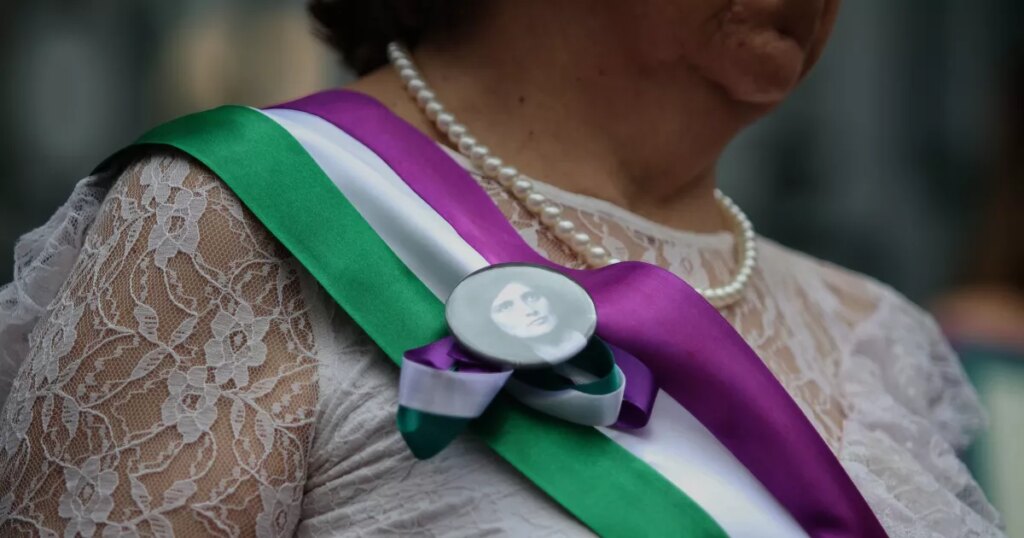CDMX, Mexico.- She was an American, one of the first references in Cuba for philanthropy towards vulnerable animals, children and women. Although not all sources agree on this information, most point out that she arrived on the island in 1904 or 1905.
Since she set foot in Cuba, at the age of 33, the American established herself as a protector of the defenseless. The chronicles of her time portray her walking the streets with bags of food to feed the dogs and cats. Some called her crazy, but she really was a strong and irreverent woman who stood up to the owners of horse-drawn carriages when she saw that they mistreated them; and she was opposed to bullfighting. Orphaned children were also at the center of the philanthropic work of Jeanette Ryder.
The researcher and narrator Jorge Domingo told it like this: “Very soon the news spread that a bizarre and crazy American woman faced the rude cart drivers when they punished their horses, carrying bags of food to distribute among mangy dogs and cats. and stopped to lecture the urchins. Her mockery and sarcasm fell upon her viciously; but they failed to cause her the slightest harm or change her attitude. Convinced of the correctness and the necessity of her behavior, she continued touring the city every day and gradually her contempt for her person turned into amazement, respect and admiration. Some of her approached her to accompany her in that noble crusade, and having then a group of her followers, Jeannette Ryder founded the Bando de Piedad on October 27, 1906.
Jeannette was not only the main architect of the Bando de Piedad, she also used her personal fortune and income from her husband, the American doctor Clifford Ryder, to maintain this organization, which was supported by donations.
From their headquarters in the old Paula street (today Leonor Pérez) in Old Havana, they financed a dispensary to provide free medical care to boys and girls. He also established a milk and bread delivery for the homeless. The Bando de la Piedad brought breakfast to women detained in police units, opposed prostitution and gave shelter to animals.
In 1931, its promoter was diagnosed with a serious lung disease and died on April 10.
When Jeannette died, her dog Rinti lay down at her grave in the Colón cemetery, refusing food and water offered by the employees. She didn’t want to live without her owner anymore. There they raised a sculpture that remembers loyalty; but above all the immeasurable goodness of Jeannette.
The Ryder pantheon is currently visited as a pilgrimage site for Cuban animalists and protectors.
Receive information from CubaNet on your cell phone through WhatsApp. Send us a message with the word “CUBA” on the phone +525545038831, You can also subscribe to our electronic newsletter by giving click here.
















